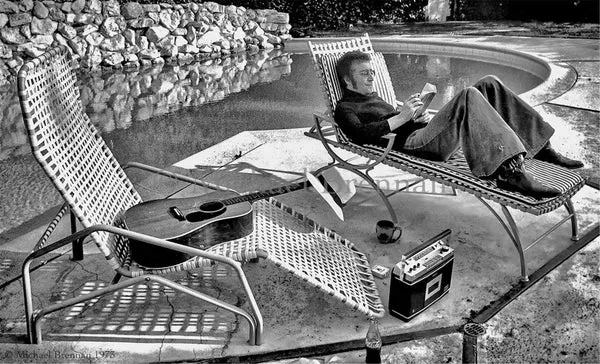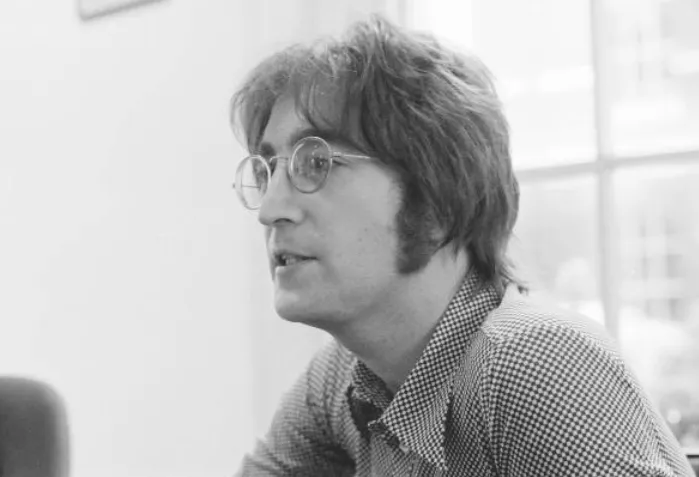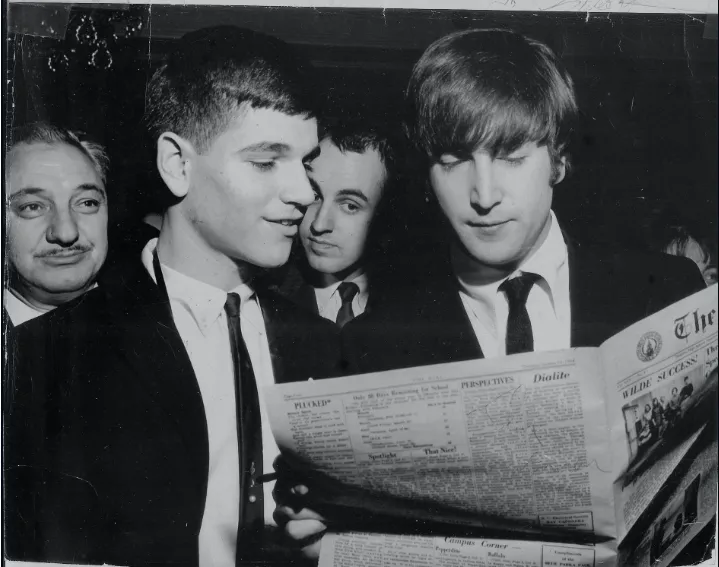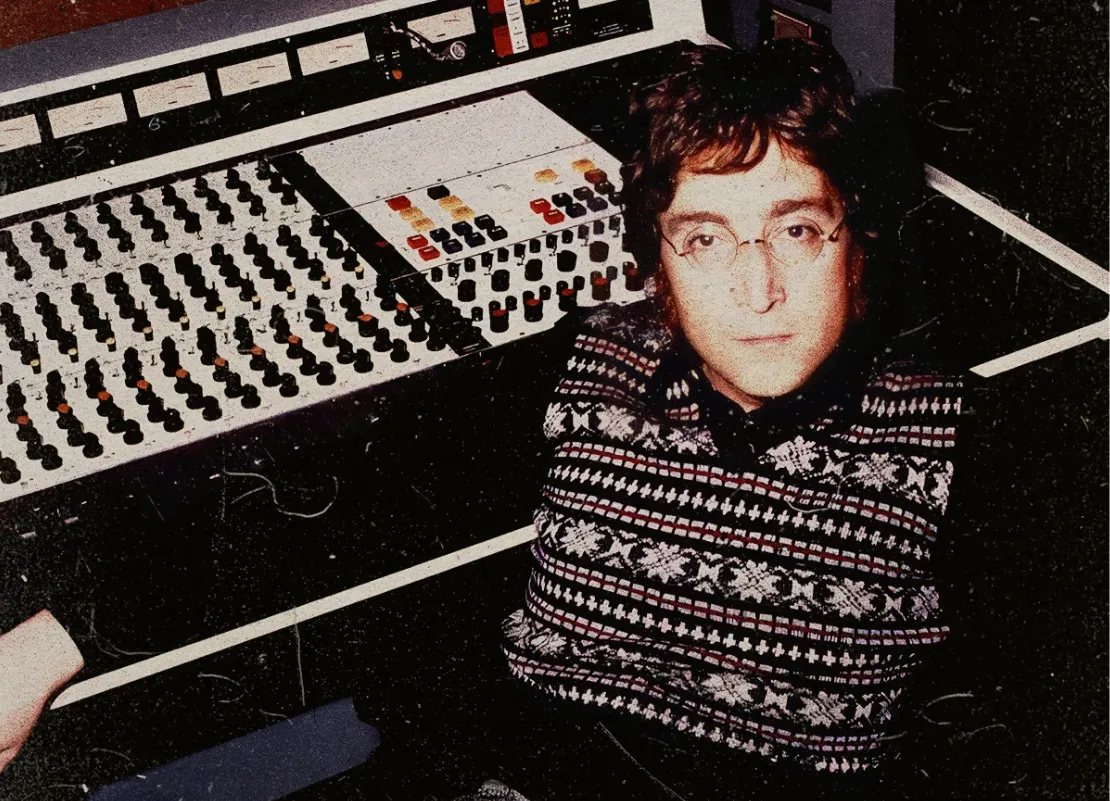Not everyone is meant to be a rock and roll troubadour forever. There comes a point where everyone needs to settle down a little bit and figure out what their lives outside of music will be like when they officially retire, and swigging a bottle of booze while raising kids and showing up at PTA meetings doesn’t really balance itself out all the time. While John Lennon did keep rolling through the 1970s off the strength of his albums, he later admitted that Rock ‘n’ Roll was his subtle way of walking away from music.

But looking back on his only covers record, you’d think that Lennon hadn’t missed a beat since 1962. He was still singing the kind of early rock and roll standards that he grew up with, and when listening to him sing ‘Peggy Sue’ by Buddy Holly or Chuck Berry’s ‘You Can’t Catch Me’, it’s like he was playing them in the Cavern Club all those years ago.
Then again, the non-stop party atmosphere of the tracks may have been a little bit too accurate. The idea of hooking up with Phil Spector for a straight-ahead rock album sounded fine on paper, but listening back to the way that he arranged all of the songs and conducted himself in the studio, he was just as out of control as any of them.
You have to remember that this was also the period of Lennon’s “lost weekend” apart from Yoko Ono, so it’s not like he was on his best behaviour 24/7. Even when working through some of the songs, Lennon was an honourary member of the drinking club The Hollywood Vampires, and when spending quality time in the studio, he was just as likely to be blitzed out of his mind when running through the tunes.

For all the chaotic moments on the record, the album comes to a rousing finish on ‘Just Because’. Outside of the uptempo moments like ‘Slippin’ and Slidin’, this is the kind of dance number that feels like it’s made to be playing in the background of a slow-dance scene in a movie, complete with Lennon getting his crooning chops going.
Looking back on that period in Rolling Stone, though, Lennon felt that he was trying to send a message through the tune without realising it, saying, “At the end of that record, I started spieling and saying, ‘And so we say farewell from the Record Plant,’ and a little thing in the back of my mind said, ‘Are you really saying farewell?’ I hadn’t thought of it then. I was still separated from Yoko and still hadn’t had the baby, but somewhere in the back was a voice that was saying, ‘Are you saying farewell to the whole game?’”

In many ways, though, this was Lennon’s goodbye to the pure rock and roll side of himself. When he returned years later with Double Fantasy, people still heard the fantastic melodies that he had put together, but he wasn’t going to be nearly as off the nails now that he had a son to raise and a new role as a house husband.
But just because Rock ‘n’ Roll marks the end of Lennon’s true rocking moments, that didn’t mean that things had to be all downhill from there, either. If anything, Lennon was getting in tune with what Paul McCartney had been doing since The Beatles’ spit, and had he not been murdered, there’s no telling what they would have sounded like had they been able to put aside their differences and work on something new.



